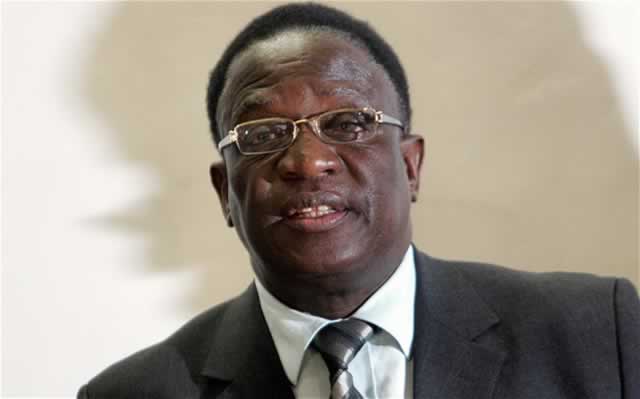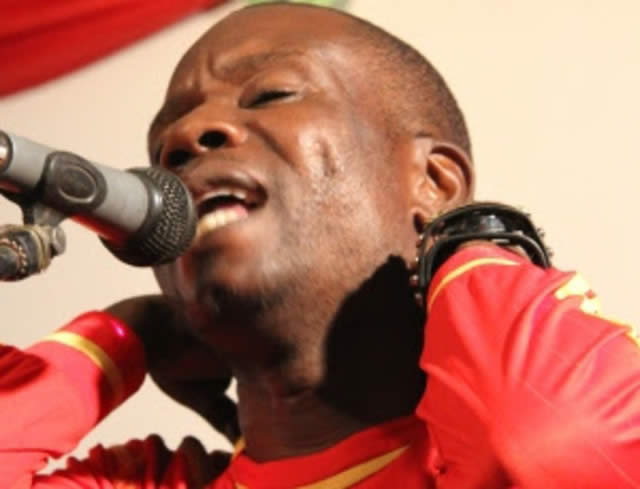Oyono’s ‘Houseboy’ exposes white hypocrisy
Lovemore Ranga Mataire The Reader
HOUSEBOY by Ferdinand Oyono is a novel that can be read as a text depicting the most passionate denunciation of the French colonial rule in Africa.
The author uses the mind of a small boy to reflect on the evils of the French colonial administration. The novel is written in the form of an epistolary or a diary by the protagonist Toundi.
In general, the major thread of the novel is the evil of imperialism or foreign administration and the exploitation of Africans by whites.
Like Meka in “The Old Man and the Medal”, Toundi watches the development of events with his eyes gradually opening to the realities of French imperialism.
The boy’s suffering in the hands of his “superiors” reveal the brutality and wickedness of the imperialists. Tundi is a naïve person who says: “My ancestors were cannibals.”
The statement is a true evaluation of his people by the imperialists. But this is clearly a narrative irony in that Toundi is eventually treated like an animal by the same whites who preach universal brotherhood.
At first, Toundi is naively attracted to the white man’s ways of doing things before his (white man) true hypocritical colours are later revealed. The author satirises the evangelists that advocate Christianity that entice young children to their religion with lumps of sugar.
There is also a depiction of whites as the major cause of family estrangement as exemplified by Toundi who is swept away from home by lumps of sugar. The sugar can also signify something enticing by not enduring.
Toundi runs away from home on the eve of the initiation day when he should “have met the famous serpent who watches over the men of my race”, thus symbolically turning his back on the traditional life of his ancestors.
Instead of returning the child to his family, the white man accommodates him as some kind of Good Samaritan but in actual fact he is tearing him away from the bloodline of family relationships.
Father Gilbert typifies the antagonistic character thrashing African culture as he encourages Toundi to remain estranged from his family and further humiliates the young boy’s father in front of him. Upon arrival at the mission, the truth starts beckoning to Toundi.
Besides serving mass, he does all other housework without remuneration except that now and then he gives him an old shirt or an old pair of trousers something contradicting to Toundi’s expectations and the main motive that drew him to the white man.
As Toundi matures, his eyes are further opened to certain realities. He notices that Father Vandermayer shouted obscenities when he was ill, thus contradicting his position as a priest. The pretentious nature of the white man is also exposed upon the death of Father Gilbert when Toundi is handed over to a new master.
The death of Father Gilbert presented a clear twist in Toundi’s life but he comforts himself by saying: “The dog of the king is the king of dogs.” The king’s dog is symbolic in that Toundi eventually kicked about like a dog by the commandant.
When Toundi discovers that the commandant is not circumcised, he loses all fear of him and begins to see him as literally and figuratively naked. Toundi happily welcomes Madame Deccazy with a song but his happiness soon fades when she begins to treat him brutally and the purity that he initially associates with her contrasts with her dirty affairs with M. Moreau.
The behaviour of Madame Deccazy clearly exposes the hypocrisy of whites. Her flirtation with M. Moreau is exposed to Toundi when he is no longer a child and has a better understanding of a lot of things. The mistress’ use of Toundi as a go-between in a dirty love affair marks the beginning of his corruption which has horrible consequences for him especially when he lay on his death-bed, a bundle of rotten flesh.
The portrayal one gets of Madame Deccazy is symbolical of the imperialists as deceptive, unfaithful and insincere and when she realises that Toundi is aware of her activities, she becomes openly hostile to him.
However, Toundi’s moral sense remains strong as he disapproved his mistress’ infidelity and sympathises with his master. He also disapproves of cruelty of the administration and the hypocrisy of the church in diverting practice from precepts.
The turning point of the novel is when on his death-bed Toundi asks: “what are we blacks who called French.” Toundi’s question is at the heart of the novel as it questions whether blacks are French or Africans.
The identity confusion that arises from an inability to answer this question is possibly the reason for our loss of Africanness and an insatiable crave to be like the white man – the French or otherwise.






Comments